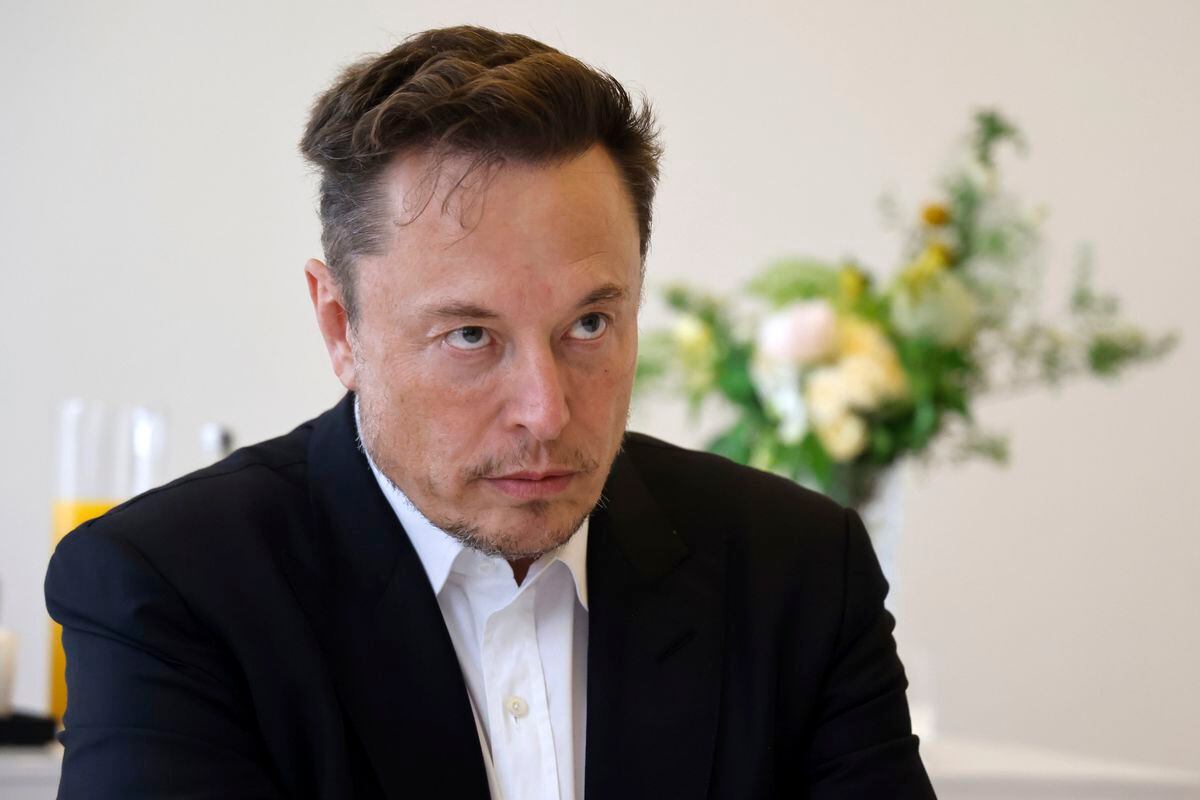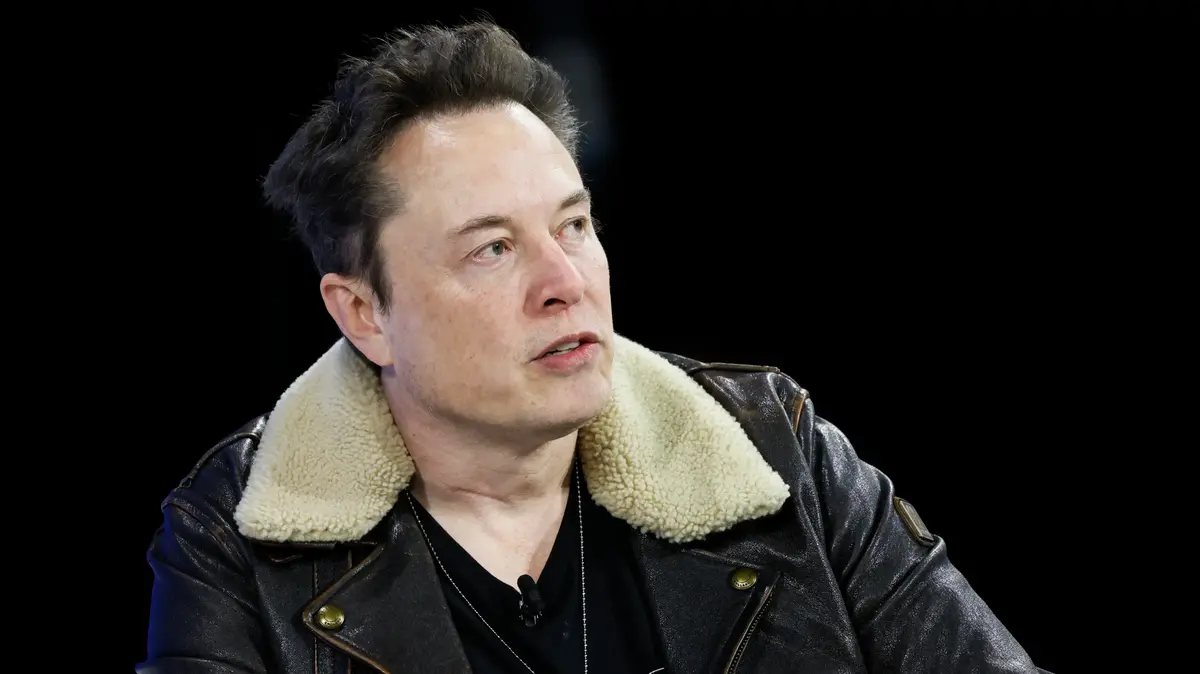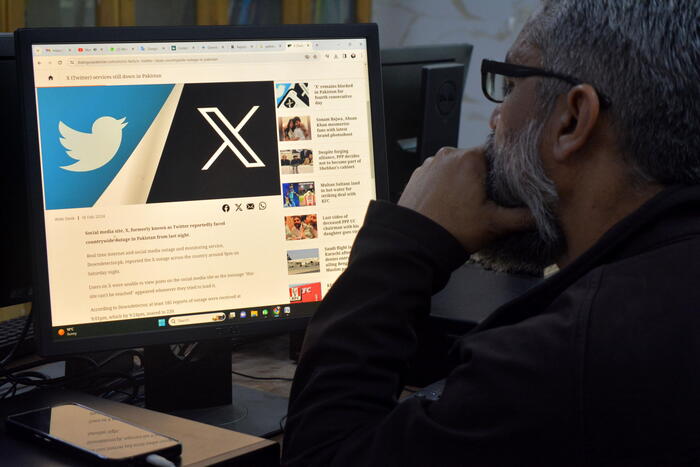Elon Musk is the owner and head of Twitter and Tesla. However, he cannot use the social network to tweet about the electric car maker without first being supervised by a company lawyer. Elon Musk committed to it to close an investigation into non-compliance with stock market legislation. Then, however, he claimed that this violated his freedom of expression. He challenged it and lost before the district judge. Then he appealed and lost again resoundingly on Monday.
The appeals court's ruling is harsh on the tycoon, whom it portrays as a fickle character: "If Musk had wanted to preserve his right to tweet without even limited internal oversight on certain Tesla-related issues, he had 'the right to litigate and defend himself against the accusations [of the Securities and Exchange Commission, SEC]' or to negotiate a different agreement, but decided not to, "say the three judges who signed the sentence. "Having made that choice, he can't ... collaterally reopen a final sentence simply because he has now changed his mind," they add.
The case has its origin in the famous tweet of August 2018 in which he lied when he said that he had "secured financing" to delist Tesla from the stock market and even published the price of the offer he planned, $ 420 (the number to refer to marijuana). Tesla shares soared, but there was no financing or offering.
The SEC opened an investigation into the apparent manipulation of the listing. Musk reached an agreement to leave the presidency of Tesla (although he remains the CEO), assume a fine of 40 million dollars (to be paid halfway between him and the company) and submit to supervision future tweets about the electric car manufacturer.
In his appeal, Musk argued that the agreement should be modified both because of an alleged change in circumstances and because the decree contains a "prior restriction" that violates the First Amendment, which enshrines the right to free speech.
As for the first ground, Musk argued that the SEC's methods of enforcing the agreement constitute a change of circumstances that have made compliance substantially more burdensome. "We disagree," the judges say.
"We see no evidence to support Musk's claim that the SEC has used the consent decree [name of the settlement] to conduct bad faith and harassment investigations of his protected speech. By contrast, the record indicates that the SEC has opened only three investigations into Musk's tweets since 2018. The first gave rise to the decree of consent that is the subject of this appeal, "says the resolution. Moreover, each challenged tweet "plausibly violated the terms of the consent decree."
The SEC has investigated whether Musk's November 2021 tweets asking his Twitter followers whether he should sell 10% of his Tesla shares violated the October 2018 settlement.
The justices also reject Musk's arguments that the agreement is a "prior restriction" on his free speech, that he did not validly waive his First Amendment rights, and that, even if he had, the waiver is unenforceable. "Parties who enter into consent decrees may voluntarily waive the First Amendment and other rights," they rule.
The resolution indicates that the fact that the pact between Musk and the supervisor may or may not have provided broader relief than a court could have granted after a trial does not detract from the SEC's ability to enforce the agreement that Musk voluntarily signed.
"Nor does the public interest require the modification of the consent decree. If anything, it goes in the opposite direction, given the importance of the public interest in the enforcement of federal securities laws," the judges add.
Last year, U.S. District Judge Lewis Liman refused to release Musk from the deal, saying the Tesla boss was "just regretting that he felt he had to accept it at the time" while now he "wishes he hadn't." Liman also denied Musk's request to block an SEC subpoena seeking information about his tweets.
Follow all the information of Economy and Business on Facebook and Twitter, or in our weekly newsletter








